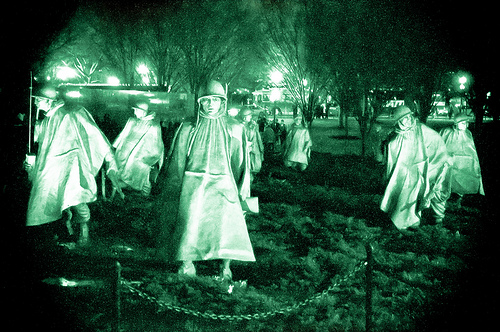
“T
his is where you’re staying?” Piggy asked.
A moment ago, I’d liked our house, but now all I could see was the odd gap at the bottom of the front door, like a sneer.
“We have to leave tomorrow anyway, so who cares,” I said.
“Your dad said it’d be more like a week.”
I kicked an oblong stone near my right foot, and it spun away like a helicopter blade.
“We have three bedrooms,” I said.
Piggy smiled. “Ours has four.”
There was Mom, Dad, me, and Squash, but Dad hadn’t joined us yet. Squash was my baby brother’s nickname, because bundled in his yellow blanket, he looked like one. Mine was Rosy because when my ears got cold, they got very red and somewhat rose-like. I thought it was a stretch, but a flower was preferable to a vegetable.
When I returned to our temporary house, Squash was sitting inside a large metal bowl. He flapped his arms about and laughed as he teetered and tottered. Mom was on the kitchen floor next to him, crouched in front of an open cabinet. I handed her a bottle of rice vinegar.
“That’s it? It’s not even half full.”
“It’s all Mrs. Han had. But it doesn’t matter, right? We’ll leave tomorrow.”
Mom shrugged. “Might be longer.”
“But you said…”
“Rosy.”
She said it without saying it. War, war, war. It was what all anybody ever talked about, and frankly, I thought it was a very convenient excuse to do or not do a lot of things. Mom used to let me play outside until sunset, but now I had to be inside as soon as it got slightly dark.
What kind of a war was this, anyway? All we did was move from our house to a stranger’s house, then one after another. Every so often an army officer yelled at us to keep heading south, so that’s what we did, what everybody did, take a suitcase and walk out of one neighborhood and into the next. The only actual evidence of war I saw were occasional loud noises and flashes at night, but they didn’t sound or look very different than a thunderstorm during the monsoon season.
“Piggy’s house is bigger,” I said.
“So?”
“So it’s not fair. We have four people and it’s just him and Uncle and Auntie.”
Squash held onto the rim of the bowl and hunkered down, as if readying for battle.
Mom found a handwritten note and read it out loud. “Three jars of kimchi are buried outside by the potted plants. If you finish one, please change the number remaining here.”
“I wonder what kind of kimchi,” I said. In the last house, we’d run out and everyone’s mood turned sour, mine, too. I liked the cubed radishes the best, but not all mothers made those.
Mom carried Squash in his bowl, which made him literally froth with joy. My brother’s bubbly smile was in stark contrast with the outside, which was cold and damp and dark. Just two months ago, I was jump-roping outside with friends in shorts, and now this. A handful of stars peeked through the clouds.
“Where’s Dad?” I asked.
“At your Uncle’s,” Mom said.
All the potted plants were dead. She placed Squash next to one and started digging with a spade.
The earth was as dark as chocolate, and it came out in wet, heavy clumps. After a while, Mom switched hands. I was about to tell her I could spell her when I heard the clang.
“Rosy.”
I turned around. It was Uncle.
Mom rolled up her sleeves as far as they could go, then shoved her arms deep into the pit.
“Where’s Dad?” I asked him, but he said nothing.
In Mom’s hands was a brown ceramic jar about the size of my baby brother. She set it down and untied the rough rope that held the lid tight.
“Your uncle is your Dad,” Mom said.
I said the only thing that came to me: “No.”
“It’s really important, Rosy,” Uncle said. “Two men will be coming tomorrow morning, and you have to be my daughter.”
“Pretend?” I asked.
Mom turned the lid, and the jar hissed.
“No,” Uncle said. “You have to believe. It’s real.”
Brought to you by the Guernica/PEN Flash Series
Dina Nayeri: Um Girassol Da Cor Do Seu Cabelo
